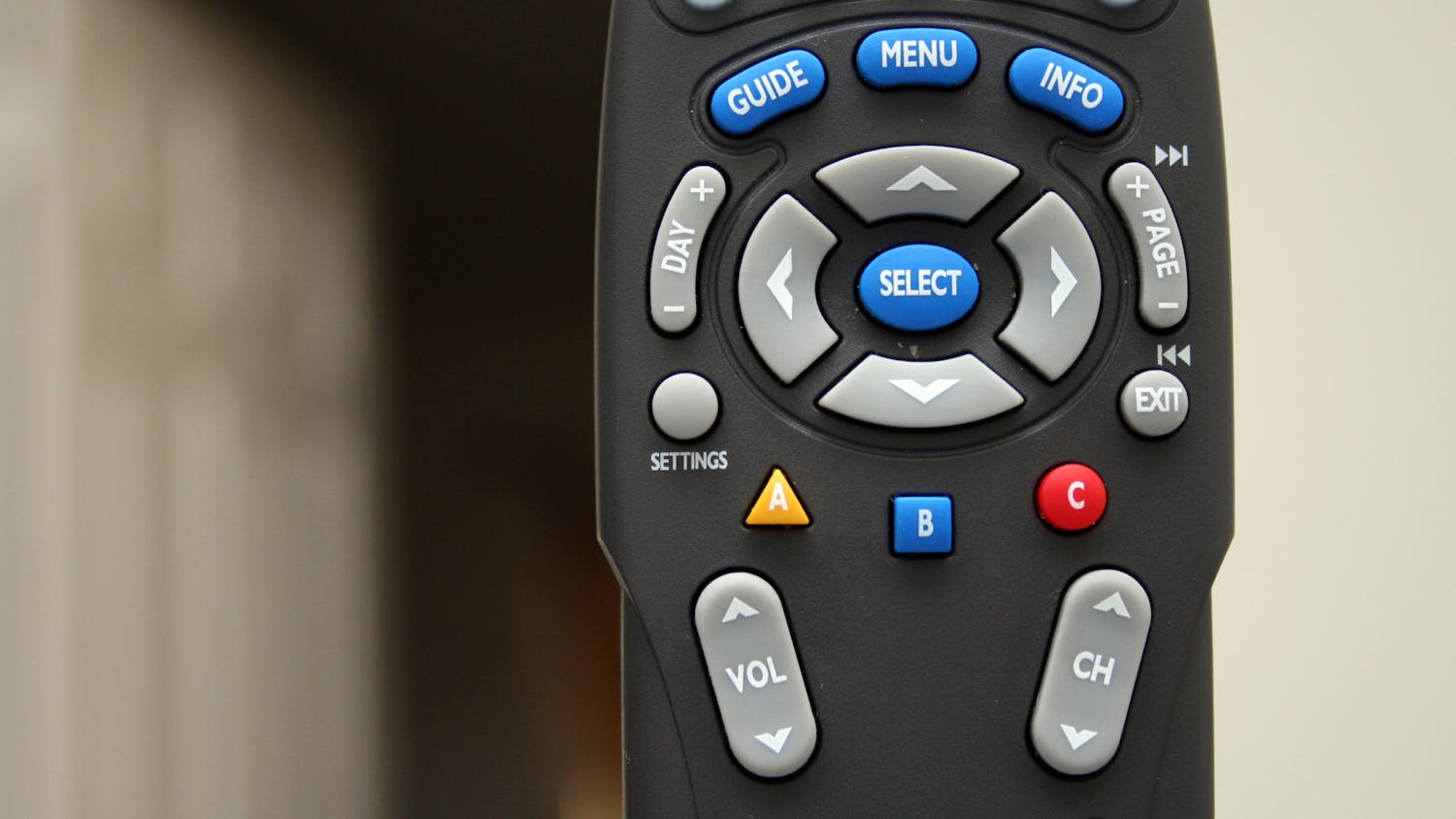Saddam Hussein is finally dead. He was a brutal tyrant who perpetrated horrendous crimes against his own people, and I certainly shed no tears for him. But let's not be shortsighted about the circumstances and implications of his execution.
The method of execution used on him, hanging, is a decidedly medieval one, and the fact that he defiantly endured such a fate will make him a martyr in the eyes of many in the Arab world. What is more, Hussein's death will almost certainly fan the already raging flames of sectarian violence in Iraq. Contrary to the propaganda spewed out by the Bush administration, the execution will do nothing to heal the country's wounds - it will make them worse.
Aside from this fact, Hussein's execution also reveals the deep contradictions in American foreign policy in the Middle East. Many of these contradictions began in 1951 in Iran, where the Iranian people chose Dr. Mohammed Mossadegh as their president in free elections.
A strong nationalist, Mossadegh began enacting reforms to assert his country's right to sovereignty and freedom from foreign influence. Most significantly, he nationalized Iran's oil industry, which had been controlled by Great Britain for many years. Western imperialism could not tolerate this sort of behavior. The United Kingdom, playing on hyped-up anticommunist sentiment, sought the assistance of America in undermining Mossadegh.
In 1953, a coup organized by the CIA overthrew the democratically-elected leader. In his place, Mohammad Reza Pahlavi became the absolute ruler of Iran. With America's backing, the shah's oppressive monarchy stayed in power for several decades until it was overthrown by the 1979 Iranian Revolution. The populace hated the U.S.-installed shah and the revolution had widespread support. Sadly, it led to a theocracy run by Ayatollah Khomeini.
Two years later in the United States, Ronald Reagan was sworn in as president. Reagan positioned himself as a tough leader who would do whatever it took to defend U.S. interests at home and abroad. And he certainly did defend American interests; namely, those of the American ruling class.
Hussein had just gone to war with Iran, and Reagan did not want to risk losing political influence in the region or access to Iraqi oil. So, he did the only logical thing: He embraced the bloodthirsty regime of Hussein.
Hussein was widely known as a mass killer and a horrific human rights abuser who used chemical weapons on his own people, but this did not seem to bother Reagan. Reagan sent the envoy Donald Rumsfeld to Baghdad to shake hands and have a friendly chat with Saddam. "The Gipper" also re-established full diplomatic ties with the Baathist regime and gave Hussein a wealth of military intelligence and financial aid. His dictatorship was strengthened by Reagan's support.
Yet somehow, conservatives have the gall to accuse the antiwar movement of "supporting Saddam."
That Reagan directly supported and aided Hussein is an embarrassing fact for American rightists, who are fond of portraying the 40th president as a political saint. They usually defend his actions by saying that "we needed to support Iraq to fend off Islamic fundamentalism," but the logic behind this claim does not stand up to the simplest analysis.
First, Iran would not have gone theocratic in the first place if it wasn't for the 1953 U.S.-run coup and installation of the shah. Second, Reagan had no problem dealing with Iran - while simultaneously aiding Hussein - when he sold Khomeini missiles and illegally used the proceeds to fund the Contra terrorists in Nicaragua. And finally, Islamic fundamentalism wasn't much of an issue when "our greatest president" willingly gave bin Laden military training and pecuniary assistance in Afghanistan.
In sum, the U.S. government is largely to blame for the current problems in the Middle East. But while Reagan's foreign policy was disgusting, cynical and deadly, it was not unique. From Andrew Jackson's genocide against the Native Americans to Harry Truman's terroristic atomic bombing of Japan, every president has willingly served the interests of U.S. imperialism, regardless of the human cost.
Many despise Bush and his invasion and occupation of Iraq and Afghanistan, but they do not realize that he is only the symptom of an underlying disease: capitalism. It is a disease that needs exploitation, blood and conquest to survive.
Even pro-capitalist writer Thomas Friedman admitted "the hidden hand of the market will never work without a hidden fist - McDonald's cannot flourish without McDonnell Douglas, the designer of the F-15. And the hidden fist that keeps the world safe for Silicon Valley's technologies is called the United States Army, Air Force, Navy and Marine Corps."
We cannot end the violence and oppression in the Middle East or anywhere else until we do away with the cancers of capitalism and imperialism. Saddam is gone - now let's finish off the system that nourished him.
Information from - gwu.edu/~nsarchiv, nytimes.com






